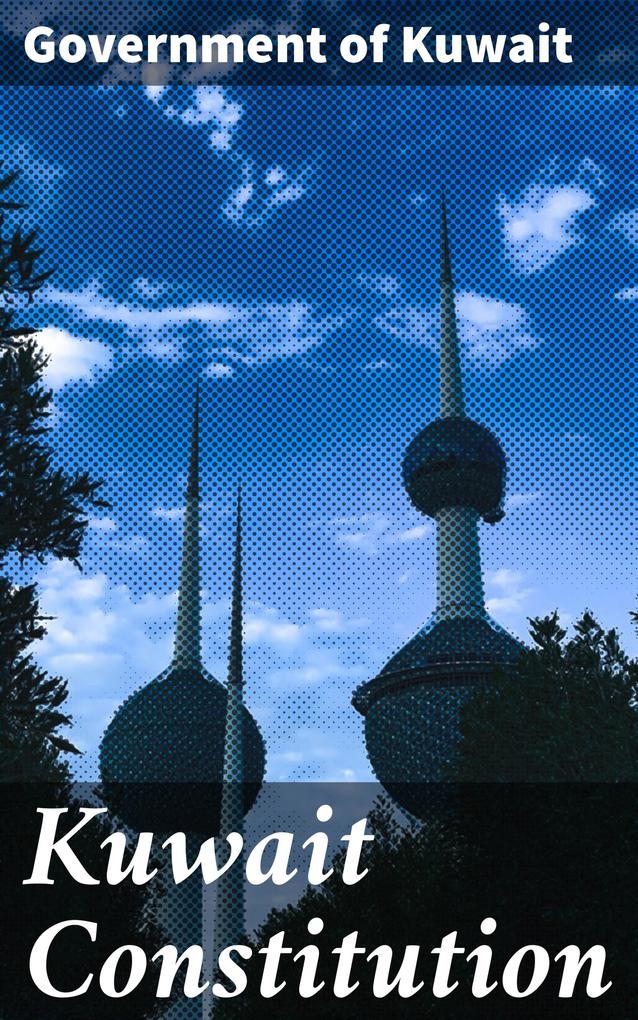
Sofort lieferbar (Download)
The "Kuwait Constitution" stands as a pivotal document in the modern political landscape of Kuwait, embodying the aspirations and values of its citizens since its promulgation in 1962. This legal text, meticulously drafted, reflects a blend of democratic principles and Islamic values, showcasing a harmonization of tradition and progress. Its literary style is characterized by precision and clarity, designed to serve both as a guiding framework for governance and a protective shield for individual rights. In the context of the Arab Spring and subsequent regional transformations, the Constitution holds renewed relevance as a benchmark against which Kuwait'Äôs political evolution can be assessed. The Government of Kuwait, as the author of this foundational document, has played a crucial role in steering the nation through its complex historical journey, from British protectorate status to full independence. The Constitution was influenced by various factors, including post-colonial state-building, socio-political movements, and a commitment to civil liberties, underscoring the aspirations of a society seeking to carve out its identity in a rapidly changing world. This vital text is highly recommended for scholars, political scientists, and anyone interested in Middle Eastern politics. Engaging with the "Kuwait Constitution" provides invaluable insights into the socio-political fabric of the nation and offers a profound understanding of the legal foundations that govern its citizens.
Produktdetails
Erscheinungsdatum
10. April 2021
Sprache
englisch
Seitenanzahl
26
Dateigröße
0,78 MB
Autor/Autorin
Government of Kuwait
Übersetzung
Government of Kuwait
Verlag/Hersteller
Kopierschutz
mit Wasserzeichen versehen
Family Sharing
Ja
Produktart
EBOOK
Dateiformat
EPUB
ISBN
4064066464110
Entdecken Sie mehr
Bewertungen
0 Bewertungen
Es wurden noch keine Bewertungen abgegeben. Schreiben Sie die erste Bewertung zu "Kuwait Constitution" und helfen Sie damit anderen bei der Kaufentscheidung.









